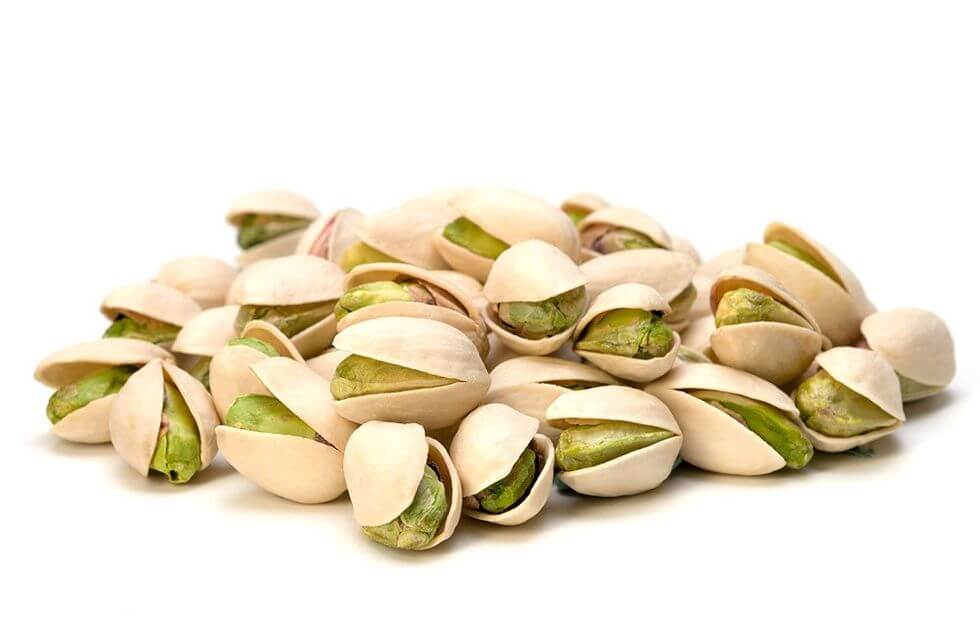Fresh pistachios have all kinds of attractive attributes: They are rich in valuable fatty acids, phosphorus, magnesium, and potassium. But do four-legged friends tolerate the green kernels at all or are they poisonous? Can dogs eat pistachios or is it dangerous?
Pistachios for Dogs in Brief

In principle, pistachios are suitable for dogs. However, they are often covered in mold that is toxic to dogs. The fungus is difficult to see with the naked eye and can cause allergies
What are the Ingredients in Pistachios?
Whether raw or roasted: The delicious kernels do not contain any toxins that harm the dog. They are also characterized by a high content of protein, unsaturated fatty acids, and phosphorus. The pistachio is actually ideal as a snack for dogs. The emphasis is actually on the little word.
Pistachios: Use With Caution for Dogs
Unlike other kernels, nuts, and legumes, pistachios have an above-average tendency to mold. The problem has to do with the manufacturing process and subsequent storage. To prepare the kernels for consumption, they are dried and then stored in silos. The shell bursts when it dries. If the storage is not carried out properly, moisture will collect under the shell. A mold develops – so-called aflatoxins.
Pistachio Mushrooms Can Cause Allergies in Dogs
The growing conditions are particularly good for the mold on the pistachio. The so-called candids thrive under the warming, moist shell of the bowl. Nevertheless, they are difficult to see with the naked eye. They leave a light, slightly greenish veil on the otherwise reddish-brown stone fruit.
Aflatoxins are also toxic to humans. However, they can cause allergies in dogs. Even small doses can lead to severe gastrointestinal complaints. The liver can also be permanently damaged.
Even if pistachios are generally not harmful to dogs, it is advisable to refrain from feeding them. The mold can be overlooked too quickly – and the damage is great. It is best to completely refrain from feeding the green kernels to your four-legged friend. Pecans, chestnuts, or cashews, for example, are an alternative – untreated, of course.

